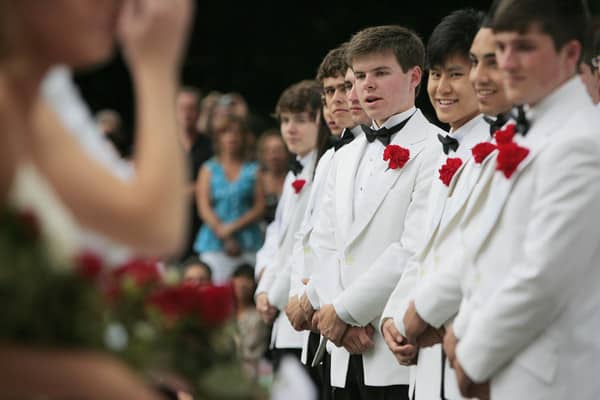
By Vicki Salemi
March 21, 2016 | 6:02am
When Natalie landed a 1400 on her SAT and later graduated from an Ivy League school in 2010, she assumed it was the golden ticket to a corner office and shares in a Hampton house.
“I was the ultimate high achiever,” says the 28-year-old former National Honor Society member, who asked that her last name not be used for professional reasons. “What I didn’t know is that I was going to get fired from my first job out of college.”
After graduating cum laude from Brown University, Natalie landed a sales job downtown. She found it difficult to socialize with her colleagues and wine-and-dine clients — part of the job requirement — and started falling short of her monthly sales quotas. She was canned 13 months after taking the job.
While she was devastated — this was her first “F,” after all — Natalie bounced back and landed an analytical role in human resources.
But looking back, the Chelsea resident wishes people-skills were part of the curriculum at Brown — or that she’d at least taken classes outside of her major that allowed her to learn new skills and interact with a more diverse group of students. “In hindsight, I would have done things differently and given myself room to socialize,” she says.
Natalie isn’t alone. According to a new report, high-achieving students are at risk of becoming terrible employees.
